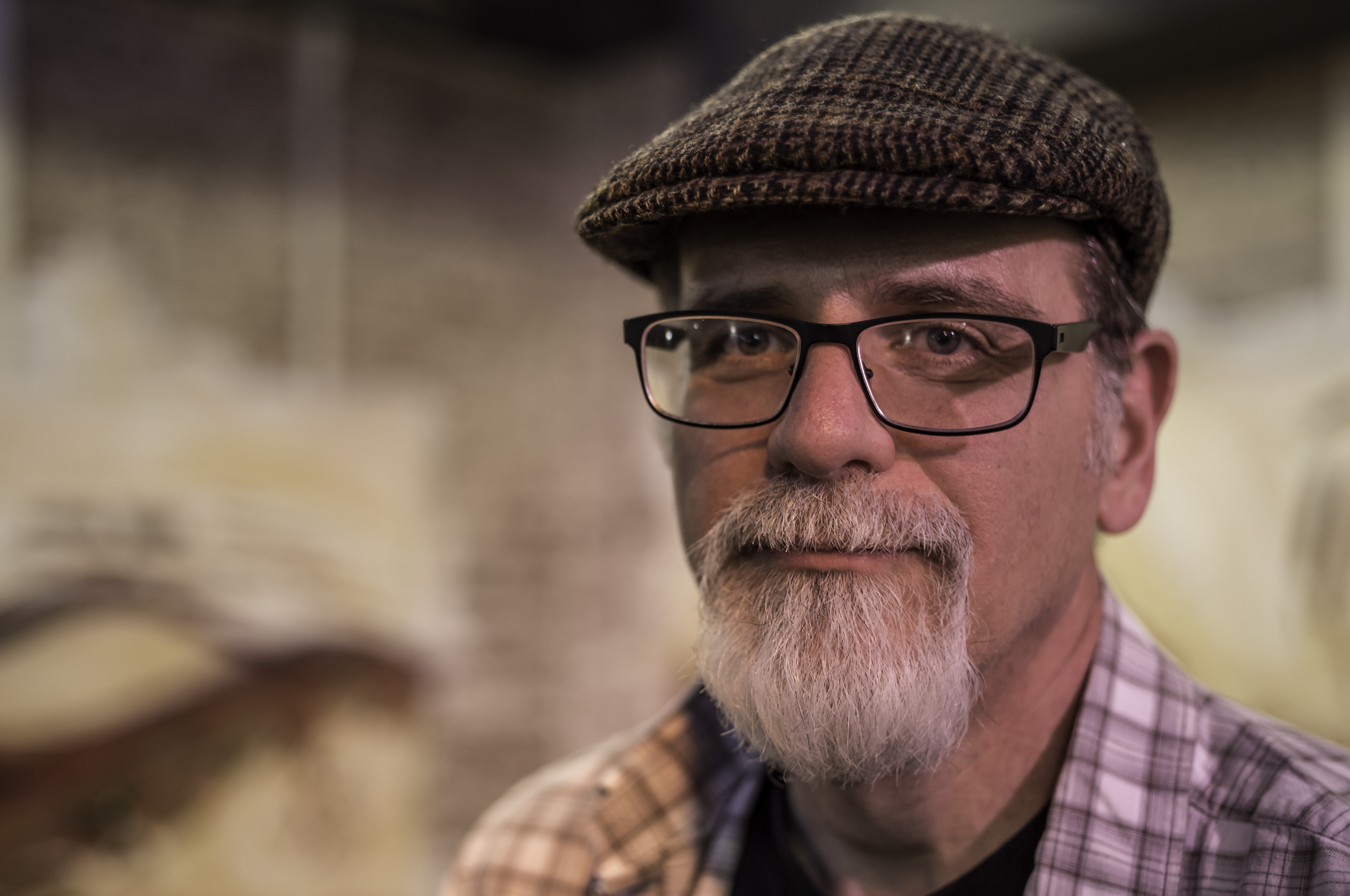Four Screenings at the Avalon Theater, Washington, D.C.
Phoenix, Runoff, My Australia, The Way Out
Nelly (Nina Hoss), a German nightclub singer, but also a Jew and a death camp survivor, enters occupied Berlin at the beginning of Phoenix to have her face reconstructed after the disfiguring caused by a bullet wound. She emerges with a new face, one at least different enough that her husband, Johnny (Ronald Zehrfeld), doesn’t recognize her. She discovers that she now has a claim to considerable wealth because all of her family has been killed in the camps. Johnny, believing she is dead, wants to get some of this money. Nelly, instead of claiming to be herself, enters into a game of duplicity with Johnny as she tries to figure out if he may have been the one who revealed her hiding place to the Nazis. I won’t reveal the ending, since the truth slowly unravels and the viewer doesn’t know how it will end until the last minute of the film. Hoss masterfully reveals to the viewer the strain of this journey while at the same time appearing to Johnny to be who he thinks he is now dealing with.
I am surprised to notice how I respond to these characters in unique ways because of the point of view offered by the director.
We don’t have much sympathy for Johnny as Nelly digs into the events of the war. The film asks, how we can move forward, how we can face the reality of what has been done in the war? It demonstrates how tempting it is to take advantage of opportunities to get ourselves ahead or out of trouble at the expense of others.
The Avalon Theater, located in Washington, D.C., about three miles from where I am for this fall semester, shows foreign and independent films every Wednesday, often introduced by the director or someone from the embassy of the film’s origin. Many of the films I haven’t heard of and likely would have never been exposed to, so it is a treat to enter the old theater and enjoy these gems on the big screen. I am surprised to notice how I respond to these characters in unique ways because of the point of view offered by the director.
While watching Phoenix, I had little sympathy for Johnny as he schemed with the woman he thought looked similar to his wife Nelly to get her inheritance. But several weeks earlier I empathized with Betty (Joanne Kelly) in a film called Runoff as she tries to keep her family on the small farm where they live. Here, first-time director Kimberly Levin gets us to consider how far we would go to provide for our family. As Betty’s husband reveals his serious illness to her, she is tempted to do things that make any ecologically concerned person cringe. Runoff is paced with long scenes that pull us into the place, so we do care not only for the land but also for the people. That complexity keeps us in the film. While the plot has some gaps, I never lost my connection to Betty or her dilemma.
Last week the Jewish film My Australia also offered a tale of hidden identity. In 1960s Poland, Tadek, a young boy, follows his brother into an anti-Semitic gang. After they beat up students at a Jewish school, Tadek runs away too slowly and he and his brother are caught by the police. Their mother (Aleksandra Poplawska) tells a convincing story to the police, gaining the release of her two sons. Her anguish, since she is a survivor of the Holocaust and a Jew, turns into a decision to reveal the truth to her sons and to move to Israel. Actually, she tells the older son, who has to figure out a way to tell Tadek. They had been raised Catholic, so it is quite a change as they board a ship to Israel and a very different life. We watch as Tadek and his family struggle with this new identity, which they must embrace or reject.
In the Czech film The Way Out, Žaneta (Klaudia Dudova) just wants a normal life, but she faces ethnic discrimination, as many Roma do in Eastern Europe. The Czech population derides them for using social services, while at the same time denying them real jobs or education. It seems to be a spiraling trap, which many of Žaneta’s community seem to be used to. While her partner, David, is ready to turn to crime, she continues to fight the trap, hoping for something better for her younger sister and her daughter. The Way Out screened at the Cannes Film Festival but, according to the embassy representative at the Avalon, had relatively low viewership among the Czech population given their discomfort with the issues of the film. The cycle of social services and discrimination is something few cultures really want to address.
These films remain challenging to access and often to watch, but I find them a treat to experience. In comparing all of these films, I offer a few observations: the films often have a strong female lead (stories that are often commercially underfunded); they have resolutions that don’t solve everything; the protagonists (the women) often have less power to change the circumstances outright but must navigate the structures of the dominant system; the women all take risks in an attempt to change their lives; they often are equally concerned about the welfare of their children and deal with absent or failing fathers; and they focus on the small everyday changes needed to make life bearable.
These stories raise interesting questions and enrich my mind. I encourage you to seek out some of these and to be open to those films that don’t get all of the media hype. Discover your own gems.




